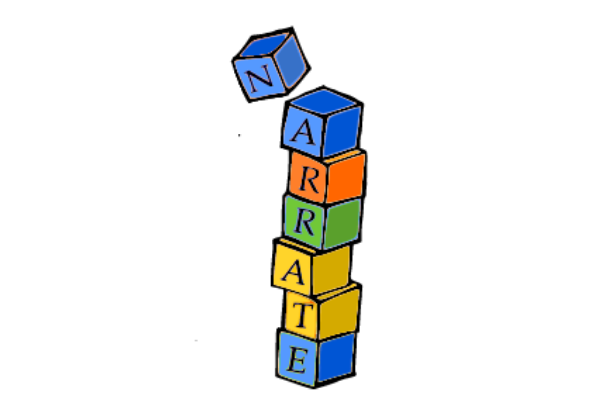

Erasmus+, KA2

In accordance with the scientific researches on the field (started by the pioneering work of J.Bruner), we consider the narrative approach in early education very important for promoting life skills, a resilience attitude and significant exploration of all the knowledge areas and every kind of social relations. The narrative approach starts from the assumption that each knowledge and skill can be easily learned if it is treated inside stories, both in written, oral or figurative ways. Despite this importance, the narrative approach in early education usually is limited to specific activities, supported by few and not very innovative methodologies, inside school-settings which are not arranged (from both a structural and organizational point of view), taking into account the regular adoption of the narrative approach in education every day. Further, although preschools could take great advantage from a continuous partnership with the local (public) libraries in this field, this almost never happens, since the collaboration between preschool and libraries at most is limited to single episodic experiences and/or the loan of books. The narrative approach is so important for improving the quality of early education that it is worth emphasizing the narrative approach till the adoption of a real narrative curriculum. Specific tools for planning and evaluation and the close involvement of new stakeholders (libraries) must support the adoption of the narrative approach.
The general objective of Narrate has been to foster quality in preschool education through increased attention to the narrative approach.
This general objective is articulated by the following specific objectives:
1. Developing the narrative approach in preschools, adopting the appropriate tools to arrange the context, planning activities and evaluating the outcomes.
2. Improving the collaboration between preschools and libraries for enhancing the narrative curriculum and for giving value and visibility to the spontaneous narrative production of the children (already present from an early age);
3. Increasing preschool teachers’ professional skills on the narrative approach/curriculum.
The results are:
1.Collection of best practices on the project topics
2. Realisation of a comprehensive narrative approach in early education inside the involved preschools, editing a specific handbook as well.
3. Specific activities for monitoring and evaluating the application of the narrative approach in early education;
4. Realisation of stable agreements between preschools and local libraries
5. Provision of two specific learning activities to the participants related to the objectives of the project.
Three intellectual outputs were realised:
IO1: A handbook on the implementation of the narrative curriculum in preschools: guidelines on arranging the learning settings and the educational plan.
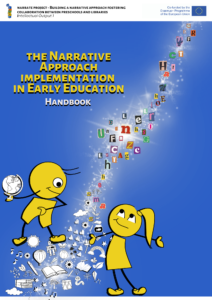
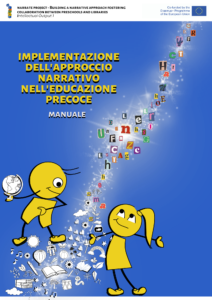
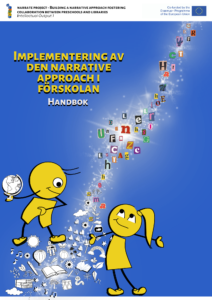
IO2: a set of tools for monitoring evaluation both the appropriateness of the school setting and the children’s learning well-being in the preschools adopting the narrative approach.
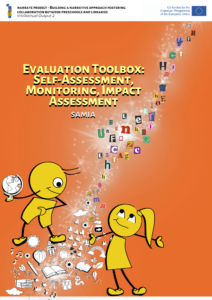
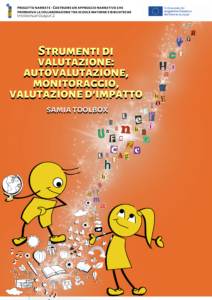
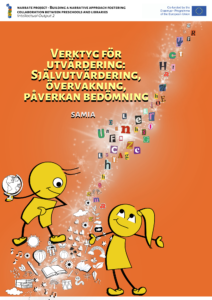
IO3: at least 8 original childhood literature products starting from the children’s spontaneous narrative creativity.
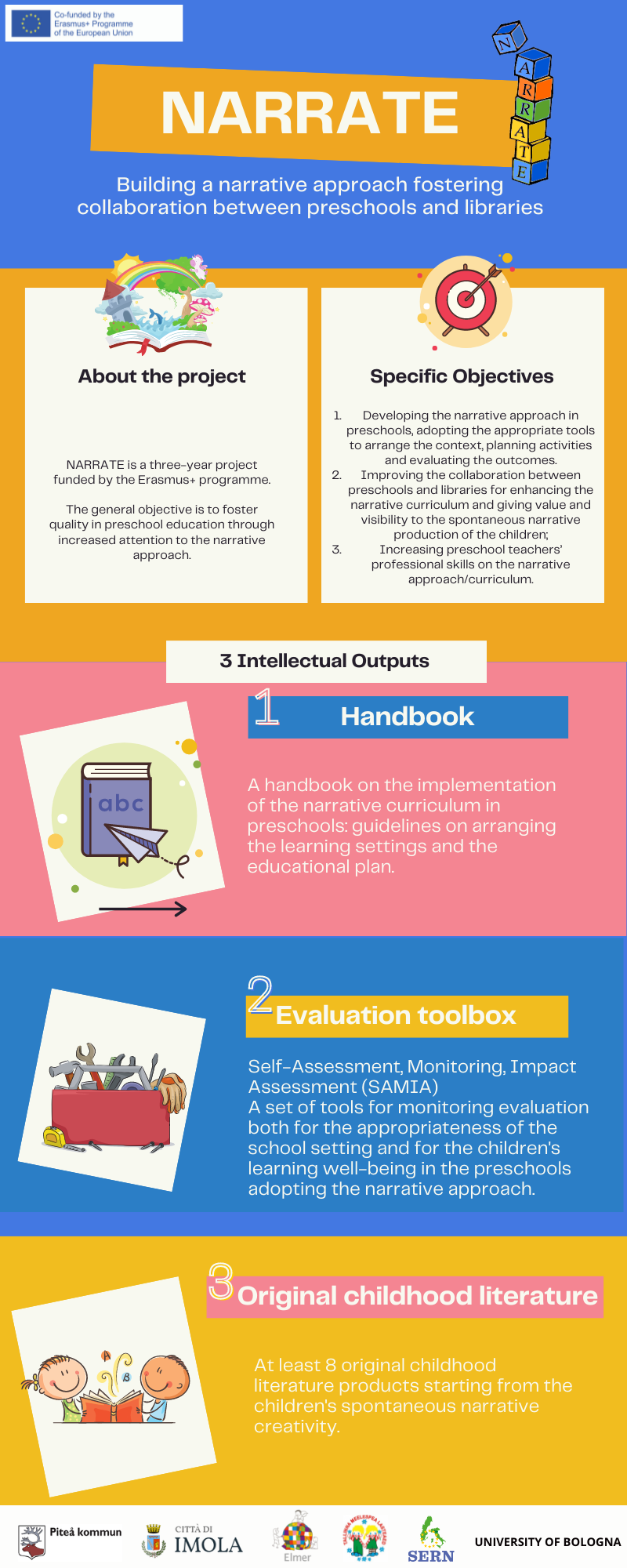

Our objective is to increase cooperation among the
members of the network, between Italy and Sweden
and, more in general, the North and South of
the European Union.
Stradone Martiri della Libertà, 15 – 43123 Parma (PR) – Italy | C.F.: 91251370374
Tel: +393483892600 – Website: www.sern.eu – Email: secretariat@sern.eu – PEC: secretariat@pec.sern.eu
© 2024 | All rights reserved | Privacy Policy | Cookie Policy